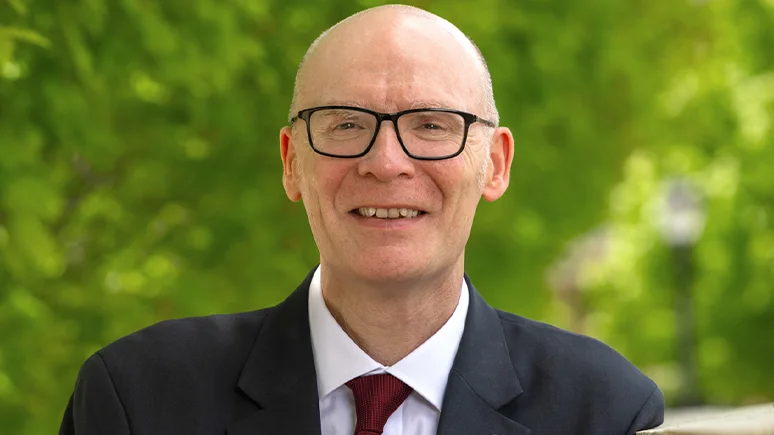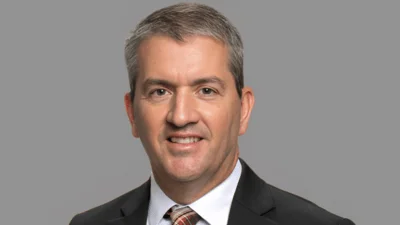James Beeby Chancellor | University of Wisconsin-La Crosse
James Beeby Chancellor | University of Wisconsin-La Crosse
Esports, once considered a niche hobby, has grown into a major global industry. According to Fortune Business Insights, the worldwide Esports market is projected to expand from $649 million in 2025 to more than $2 billion by 2032.
Amid this growth, Han Kim, assistant professor of exercise and sport science at the University of Wisconsin-La Crosse (UW-La Crosse), is researching how Esports may offer benefits beyond entertainment. Kim’s recent study focused on the impact of Esports experience on cognitive and motor performance, specifically perceptual-motor skills—abilities essential for processing sensory information and responding through movement.
Kim’s research compared two groups of college students: ten experienced gamers and ten non-gamers. Participants were tested in two areas: coincidence anticipation timing (predicting and responding to a moving object) and reaction time (responding quickly to visual cues). The study found no significant difference between groups in coincidence anticipation timing. However, experienced gamers responded significantly faster in reaction time tests—about 30 milliseconds quicker on simple tasks and 40 milliseconds faster on choice-based tasks—suggesting regular Esports play may improve rapid visual processing and response.
“This research contributes to a growing body of evidence that Esports can offer meaningful physical and cognitive benefits, particularly in enhancing perceptual-motor skills,” explains Kim. “It’s important to understand that perceptual-motor skills are not limited to gaming activities — they’re vital for children’s cognitive, social and physical development.”
Kim also highlighted that these skills help children explore their environment, communicate effectively, and interpret sensory input. Strengthening them through targeted activities—including video games—may support academic achievement and overall growth. He further suggested that gaming could be especially helpful for individuals with intellectual disabilities by improving attention span, memory, coordination, fine motor control, confidence, and motivation.
The study did not track the maximum amount of time participants spent gaming. Kim noted this as an important consideration since excessive gameplay has been associated with negative outcomes; previous studies have shown high psychological distress among those playing about 33 hours per week on average. He stressed that potential cognitive or motor benefits likely depend on both the quality and quantity of gameplay.
While many studies address general gaming advantages, few focus specifically on how Esports affect perceptual-motor abilities—a gap Kim hopes his work will help fill. His findings could influence how training programs are developed for players as well as coaches or educators aiming to enhance these skills.
Additionally, the research supports earlier findings indicating long-term participation in Esports might result in structural changes within brain regions linked to perceptual-motor performance. Since these abilities require integrating sensory input with motor responses, Kim believes Esports could be used in developmental interventions for children facing delays in these areas.
Although there was no significant difference observed in coincidence anticipation timing between gamers and non-gamers in this particular study—and none of the participants were professional players—Kim said prior research involving professionals suggests long-term training may boost both cognitive functions like peripheral perception as well as physical abilities such as anticipation timing.
“The performance of professional athletes is remarkable, and I realized that this amazing performance can be found and observed in Esports too,” says Kim.
To accommodate growing interest among students at UW-La Crosse, the university opened “EZONE,” a recreational esports space inside its Recreational Eagle Center in 2022.





 Alerts Sign-up
Alerts Sign-up